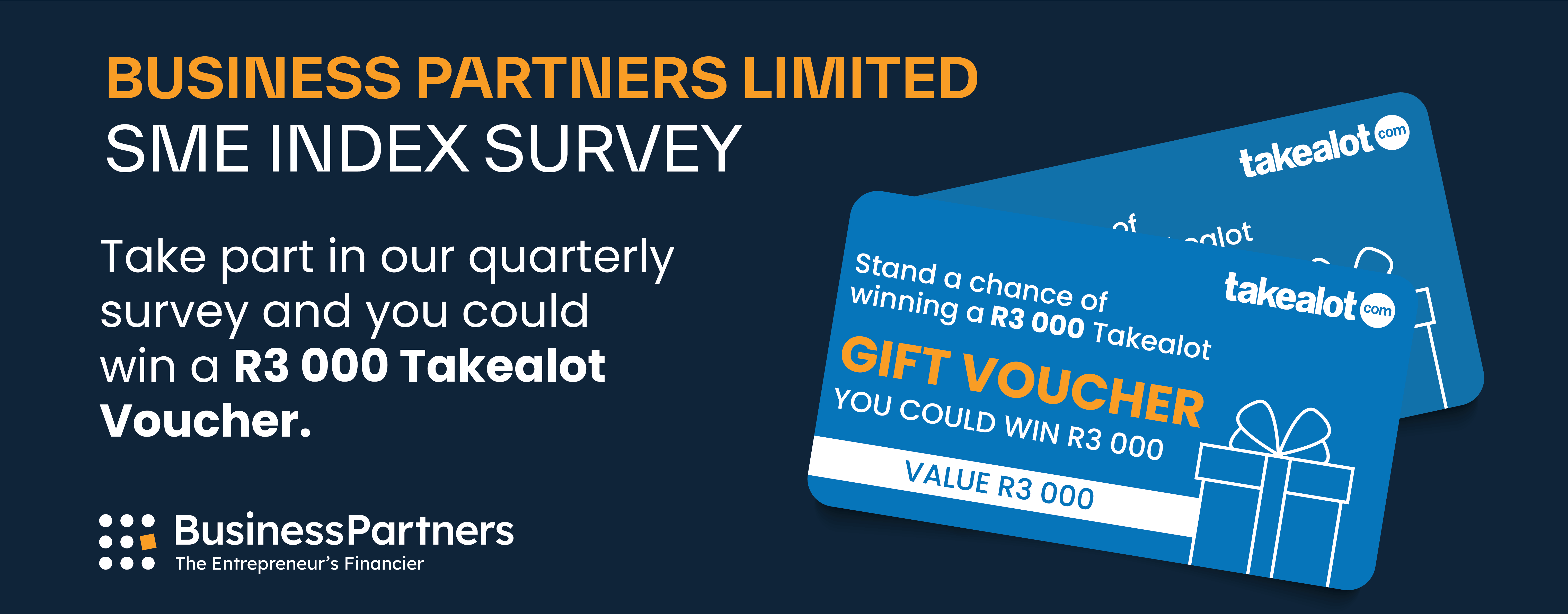Running a business is often portrayed as a path to independence and success. But behind the scenes, many entrepreneurs are quietly battling overwhelming levels of stress. In a survey of more than 400 early-stage startup founders, 72% reported that entrepreneurship has impacted their mental health, with 37% suffering from anxiety.
“Long working hours, the isolation of leadership, and the constant pressure to keep a business afloat can take a heavy toll,” says Amogelang Montane, Human Resources Business Partner at Business Partners Limited. “And when stress levels rise unchecked, the ability to think clearly, make sound decisions, and lead effectively can become compromised, threatening the survival of the business itself, which is why we would advocate for a mental mentor in your business success toolkit.”
Coping mechanisms matter
Entrepreneurship demands grit and resilience, but even the most seasoned business leaders rely on practical strategies to manage pressure. Montane notes that while there is no one-size-fits-all solution, several approaches can make a meaningful difference. These include setting clear boundaries to avoid overwork, prioritising rest and physical activity, and building strong support networks to reduce isolation.
Alongside these strategies, one approach is emerging as particularly effective: mental mentorship. “We are increasingly recognising the role of mental mentors – individuals who provide guidance, perspective and emotional support beyond traditional business advice. Just as entrepreneurs turn to financial mentors for help with capital or growth strategies, they can lean on mental mentors to strengthen their psychological wellbeing,” Montane explains.
What is a mental mentor?
Unlike a business mentor, who focuses primarily on operational or strategic issues, a mental mentor plays a broader role in supporting the entrepreneur as a whole person. They act as a sounding board during stressful times, offer perspective when challenges feel overwhelming, and help the business owner develop healthier ways to manage pressure.
“Mental mentors encourage entrepreneurs to step back and evaluate situations calmly, rather than reacting under stress. They help leaders to identify signs of burnout early and can offer support such as suggesting sustainable routines that balance business demands with personal wellbeing,” Montane says.
In practice, mental mentorship can take many forms. It could be a regular check-in with a trusted advisor, a structured relationship with a coach trained in mental wellness, or even an informal arrangement with a peer who has walked a similar path. The key, according to Montane, is consistency and trust. “By sharing challenges openly, entrepreneurs gain not only advice but also reassurance that they are not alone in their struggles.”
He adds that some businesses are starting to encourage formal mental mentorship programmes as part of leadership development. “This is an encouraging trend, because when entrepreneurs and business leaders are supported mentally, they are more resilient, more effective, and better equipped to weather the inevitable ups and downs of business ownership.”
The business case for mental mentorship
The benefits extend beyond personal wellbeing. Entrepreneurs who are supported in their mental health are more likely to make more rational decisions, remain focused under pressure, and sustain the energy needed to grow their ventures. “When mental health is neglected, stress and burnout can cloud judgement, leading to hasty decisions or missed opportunities. By contrast, a mentally resilient entrepreneur is better able to seize opportunities, lead with confidence, and build a business that can thrive in the long term,” says Montane.
Ultimately, mental mentorship should not be seen as a luxury for established business owners, but as an investment in both entrepreneurs and their businesses. As Montane concludes: “Supporting the mental health of business owners is not just about individual wellbeing – it is about safeguarding the future. By prioritising mental mentorship, we can support entrepreneurs become more resilient, build stronger businesses, and ultimately, a stronger economy.”








